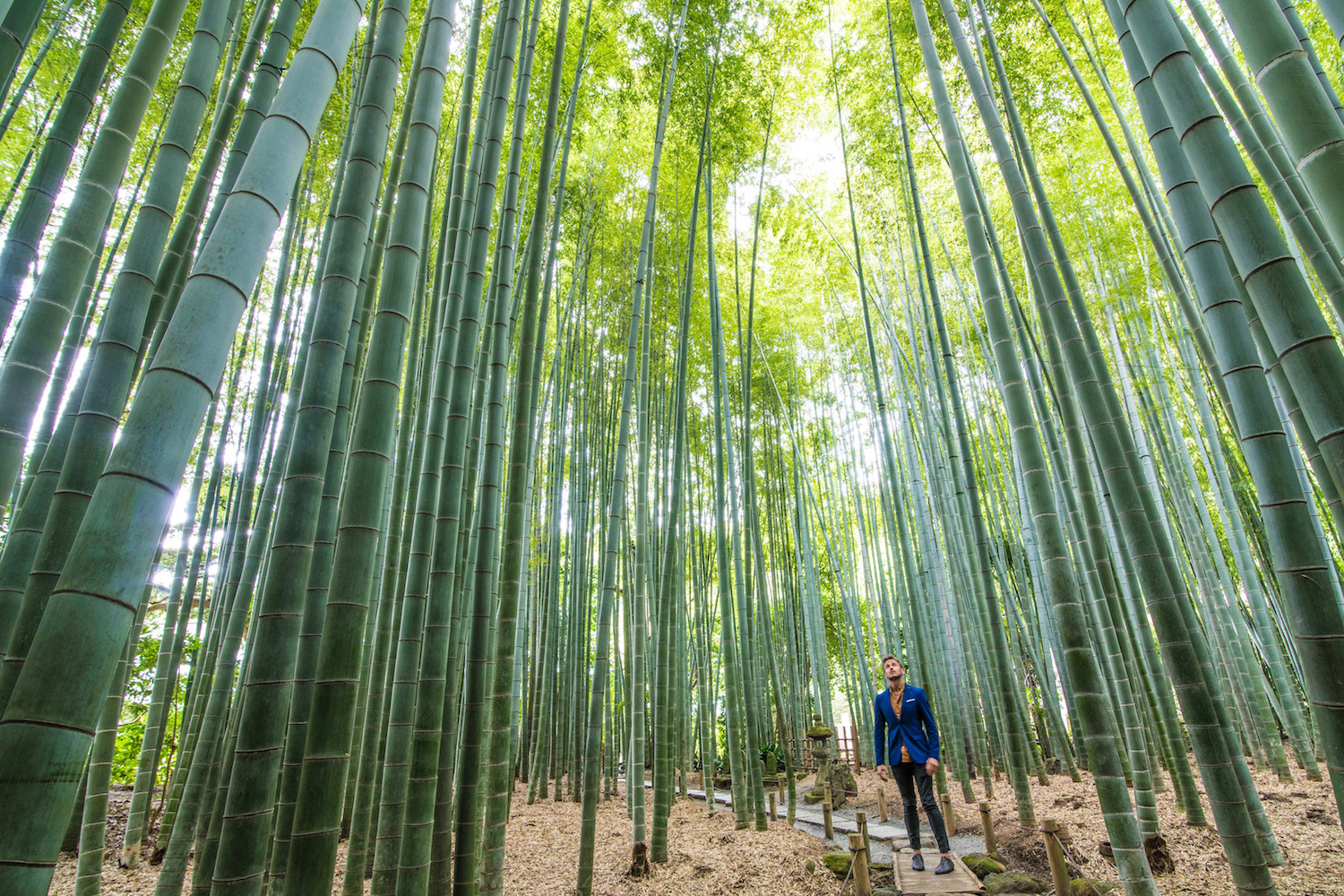
I knew the clock in the taxi was wrong the moment I looked at it, but I didn’t know how. The sun had long since set by the time I’d hailed it at Kofu station, after all—it was too dark to see Mt. Fuji, let alone to extrapolate the hour of the day from the sky.
Upon disembarking at the Tokiwa Hotel, I pulled my phone out of my pocket to confirm: Sure enough, time inside the cab was 12 minutes behind the time outside. Twelve minutes to my detriment, given that I was almost exactly as late to dinner. Fifteen minutes, actually, after the walk to my room, then 18 by the time I took my first sip of sake.
“Long time no see,” I said to Kristin, and set my ochoko down.
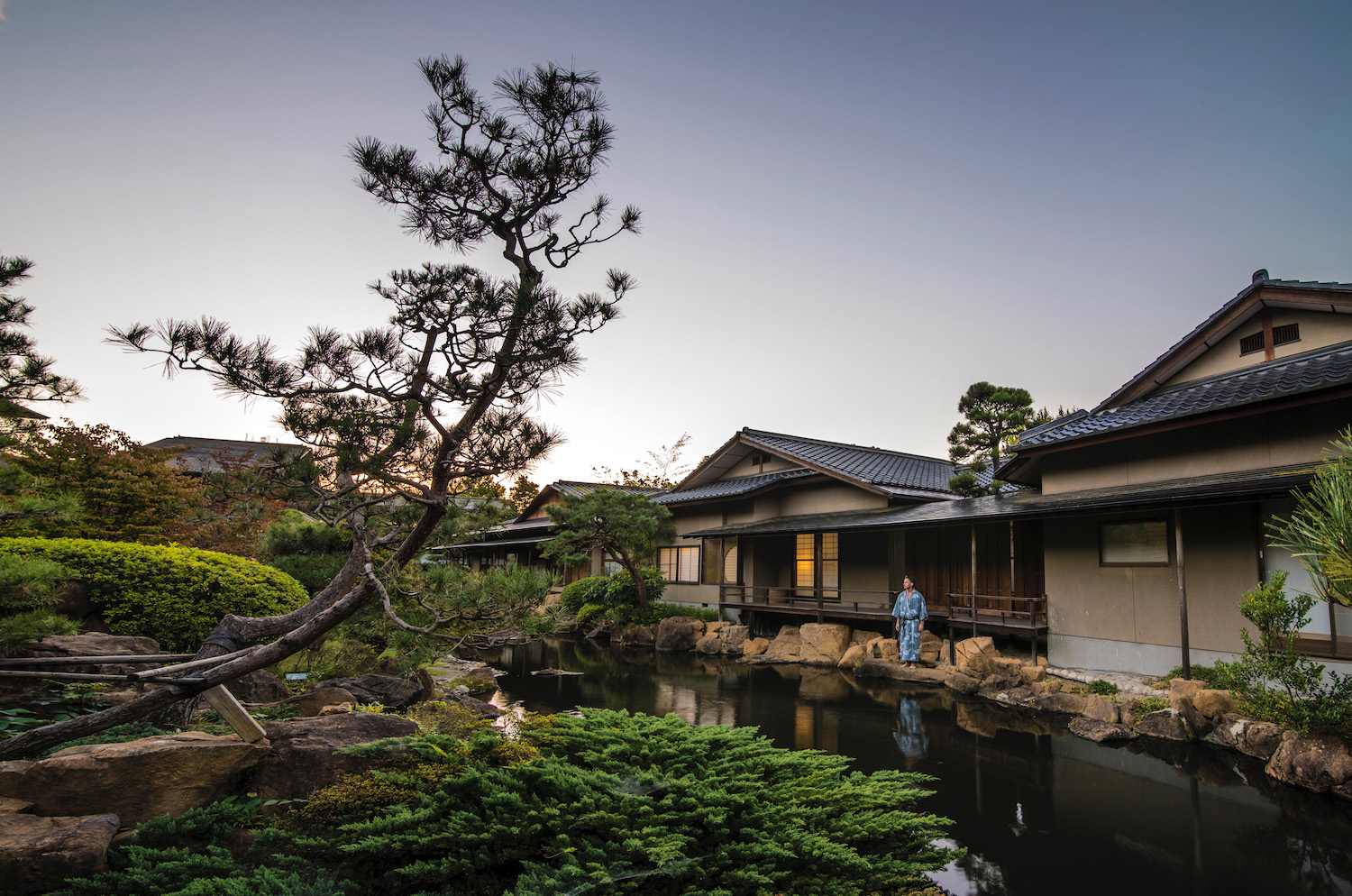
I should specify, before I really begin, that in this instance I’m talking about Kristin with an “i,” a colleague of mine I first met at some terrible conference in Cancún two years ago, whom I again saw in Thailand the year after that and whose path I don’t cross nearly as often as I should.
But one of the several “e” Kristens I’ve known throughout my life is also relevant to this story: The one I met in 2005, in some snobby literature class at the University of Tampa. She was much better-read than I was, and was always carrying a book I’d never heard of with her, in addition to all the garbage our professor assigned out to us.
One afternoon (I don’t remember exactly which one, but I do remember it was the first time she pointed out that I looked different—handsome—in person than I did in photos—horrible) she placed a colorful tome called The Wind-Up Bird Chronicle on the table in front of her.
“What’s that?” I asked her, knowing by this point that she wouldn’t bother asking me if I’d read it.
“It’s by Murakami,” she said, as if I should know who he was, and not really answering my question.
I never did bother following up with her about the significance of the book, or even whether it was very good, or keeping in touch with her in any way besides occasionally liking her posts on Facebook from time to time. But I kept the name of this particular book in my mind for more than a decade, until one day a few weeks ago when I happened upon a copy of it someone had left in the laundry room.
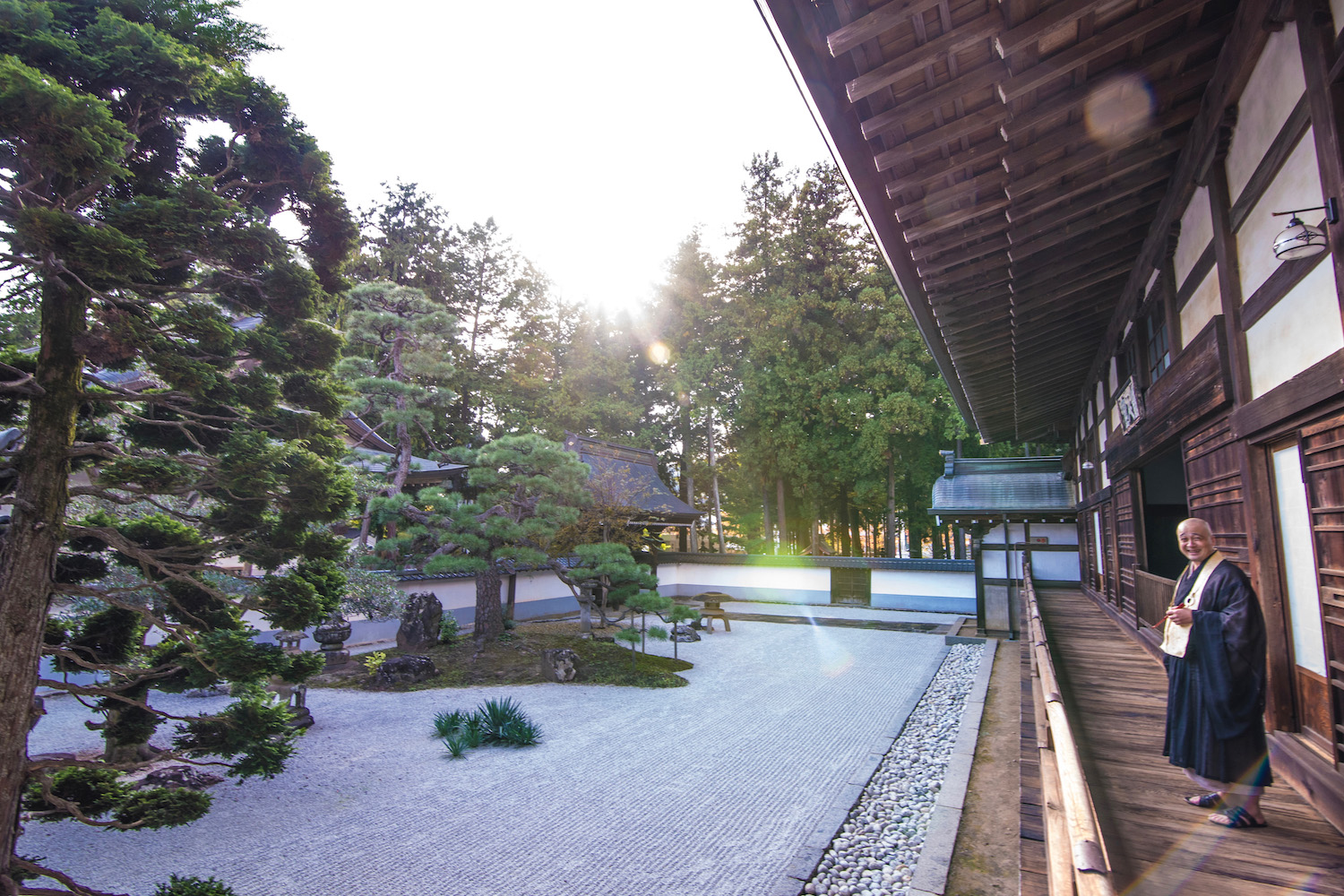
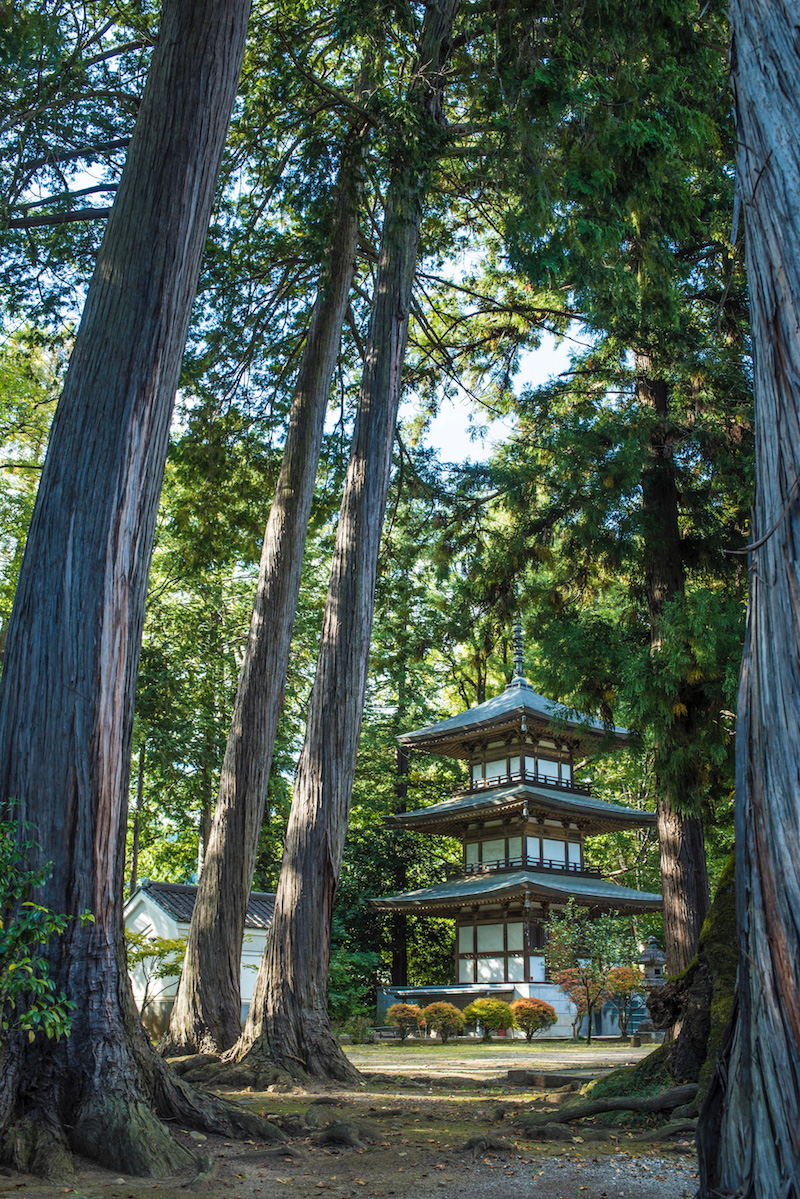
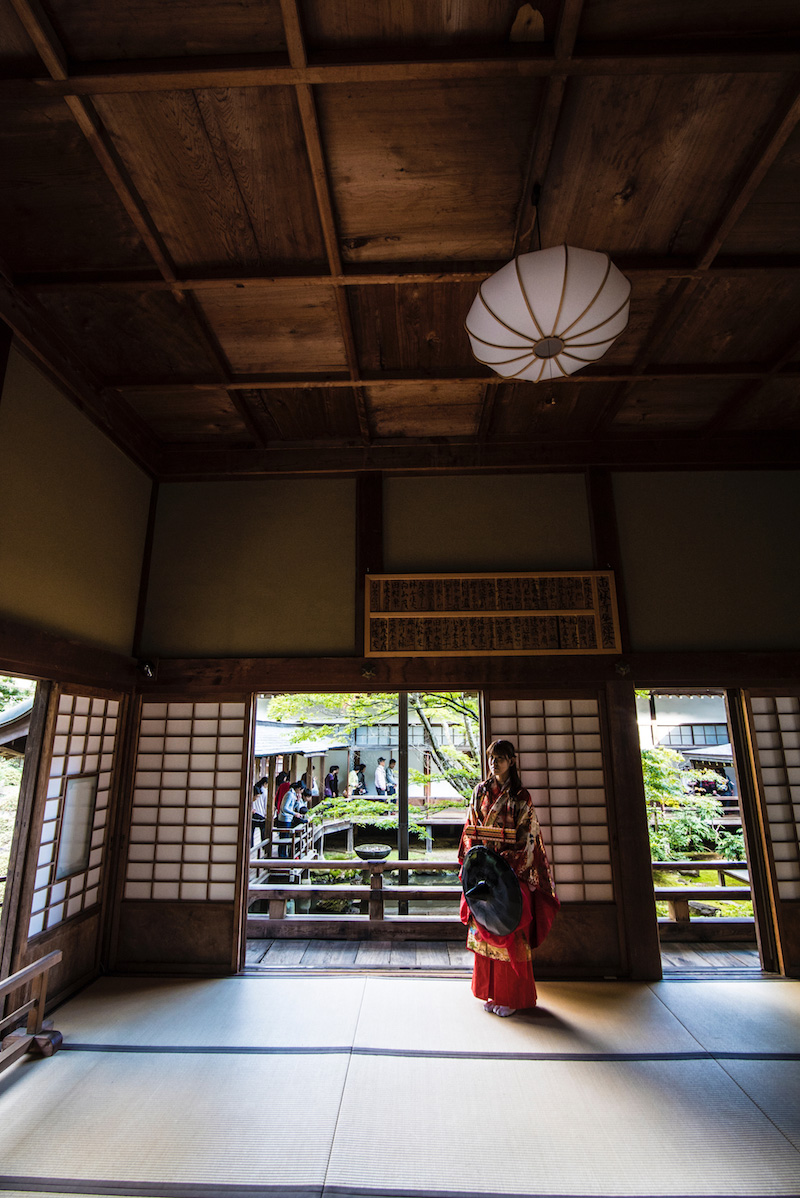
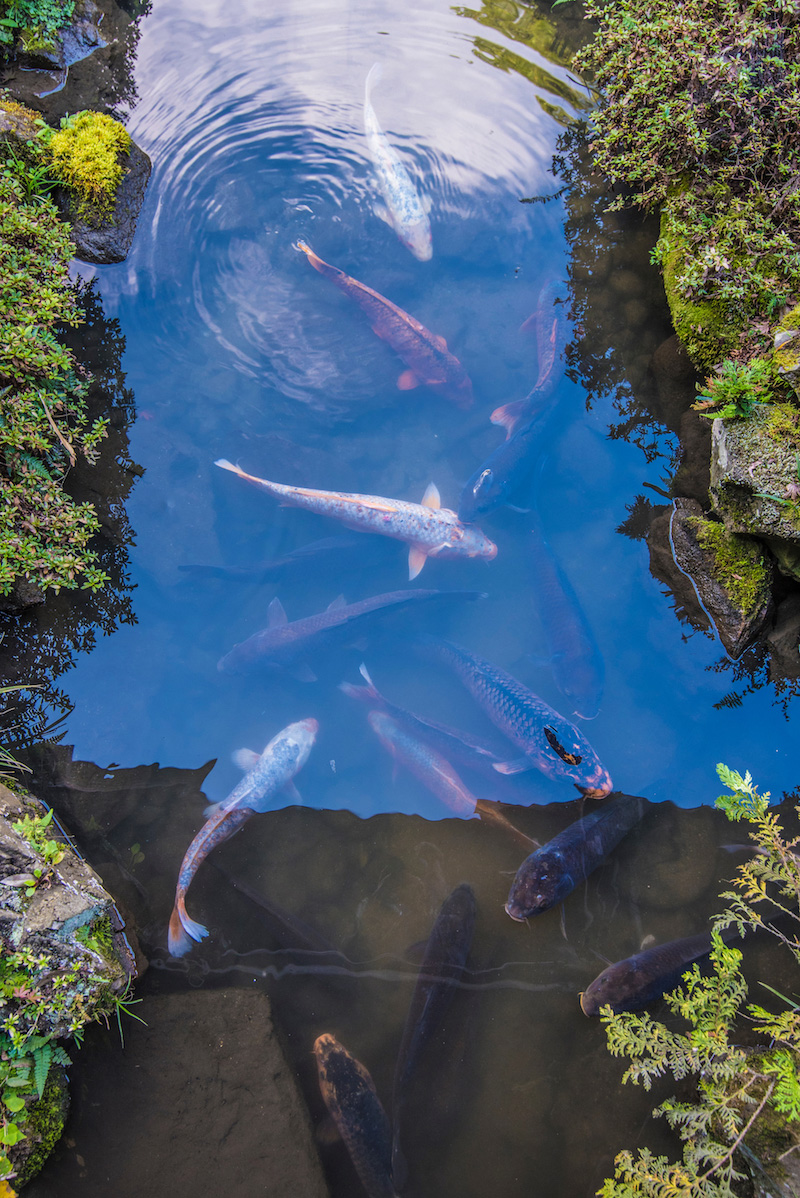
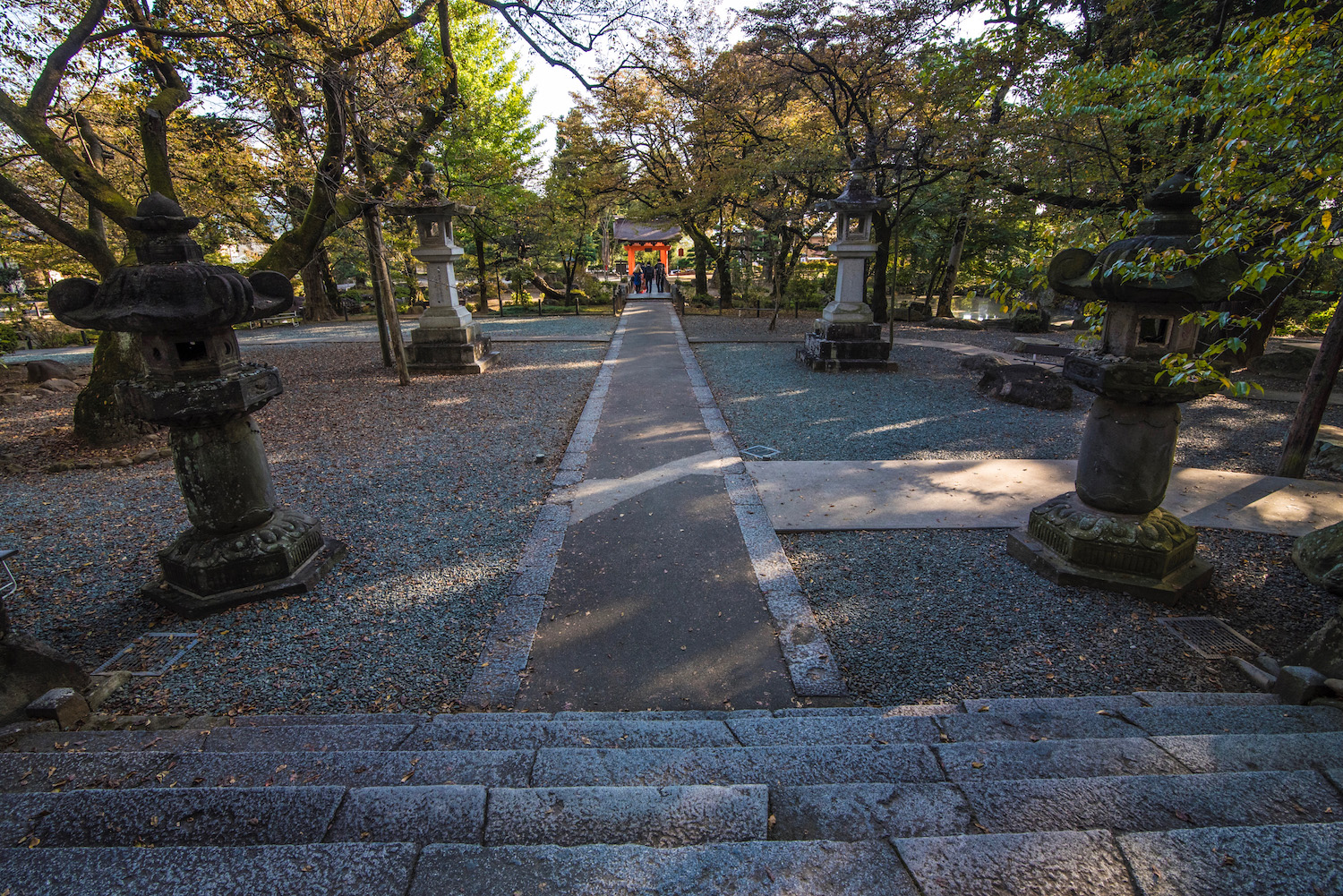
When my alarm went off Monday morning at five, I wished its time had been wrong, but then again 12 minutes isn’t enough to get meaningful sleep, let alone to take a power nap. It’s better to fight against sleep if you can’t get at least 90 minutes of it, or at least that’s what I’ve believed for most of my waking life.
The first three hours of the day passed as if they were only 12 minutes; it was as if I’d blinked my eyes only a dozen times before I was packed, dressed and ready to depart.
“Members of the Japanese imperial family have stayed here several times,” the hotel manager (or president, according to his business card) announced during the spontaneous speech he decided to make as we were leaving.
I turned to the interpreter. “Can you ask him how many times they’ve stayed here?”
“And whether the emperor himself has come,” Kristin joined in, “or just members of his family?”
He obliged and rattled off something in Japanese. “I’m afraid he doesn’t know.”
I never did learn the answer to this question, but I did learn three important things after we set off from the hotel to begin exploring Yamanashi, the prefecture that surrounds the northern slopes of Mt. Fuji. First, Japan produces its own wine and even has its own grape, Koshu, which arrived from Central Asia via the Silk Road many centuries ago. Second, the terrifying hornets I saw while walking the Nakasendo last autumn were just as ubiquitous to the southern Japanese Alps as they’d been to the central ones.
“And do you know,” the Shinto priest asked me, as we looked out over the Zen garden at Erinji Temple, at precisely the moment the sun passed from the day half of the sky to the night one, “why the carp swims upstream?”
I shook my head and looked down to observe the seemingly foolish fish in action.
“He swims upstream so that he can become a dragon.”
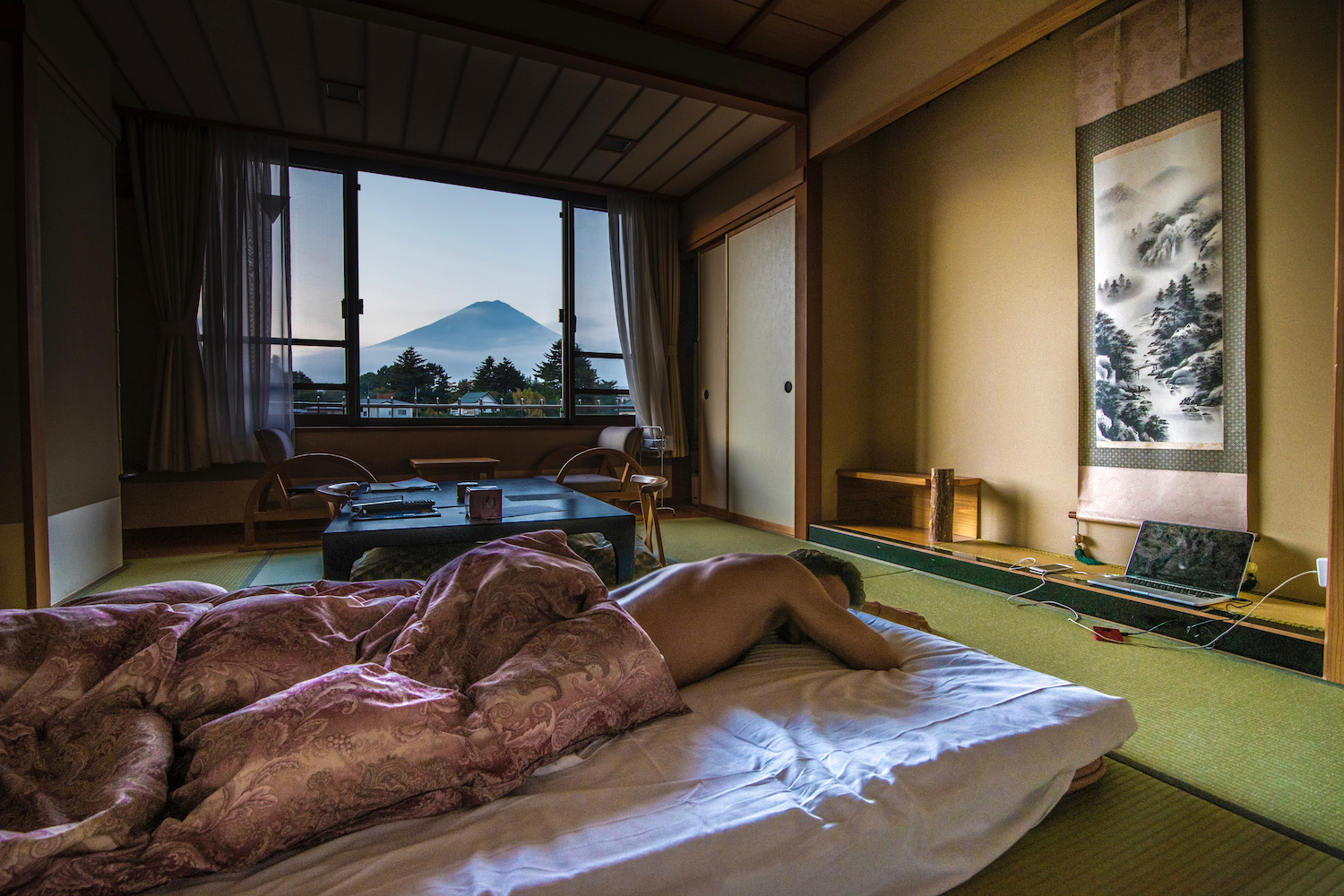
“If, before our eyes, we see someone who is truly suffering, we do sometimes feel his suffering and pain as our own.”
-Haruki Murakami, The Wind-Up Bird Chronicle
A few days before my trip, I’d been walking in downtown Austin when I heard a thud on the ground. A homeless woman in a wheelchair had dropped her book and, without even a second’s delay, I rushed over to pick it up and hand it back to her.
“That was very nice of you,” she said, without qualification, and flashed me an extremely white smile. “Thank you.”
She locked eyes with me as I walked past the corner again about an hour later, the sun having descending about 15 degrees toward the horizon, me having just sucked down a couple margaritas on the rooftop of the nearby W hotel.
“What’s your name?” I asked and began approaching her.
She smiled, again surprising me with the brilliance of her teeth. “Colleen.
“That was really nice, how you helped me earlier,” she continued, before I could tell her my name.
We chatted for a few minutes, although I don’t remember any of what we said (or, to be sure, if we said anything of substance) on account of the buzz I had. I do remember thinking that the least I could do was bring her another book to read (specifically, then-unread copy of The Wind-Up Bird Chronicle), but never taking action to that effect.
“It was a simple error,” the woman laughed, then hit the delete button, her smile the same brilliant white as Colleen’s had been. “There, all better!”
I jolted up from the tatami mat and spent my first few seconds awake on the cusp of a heart-attack. No, I assured myself, a creepy cyborg version of the homeless woman you met did not just delete the entire world with a keystroke. No, you didn’t spend last night in a smoky nightclub listening to an aging pop singer with the face of drag icon Divine belt out hits that topped charts that never existed. No, you didn’t miss a call from Miami or receive a text message from a blocked number saying that your room was ready—your phone is in airplane mode.
But I can see Fuji this morning, I stood up and walked over to the window to marvel at it.
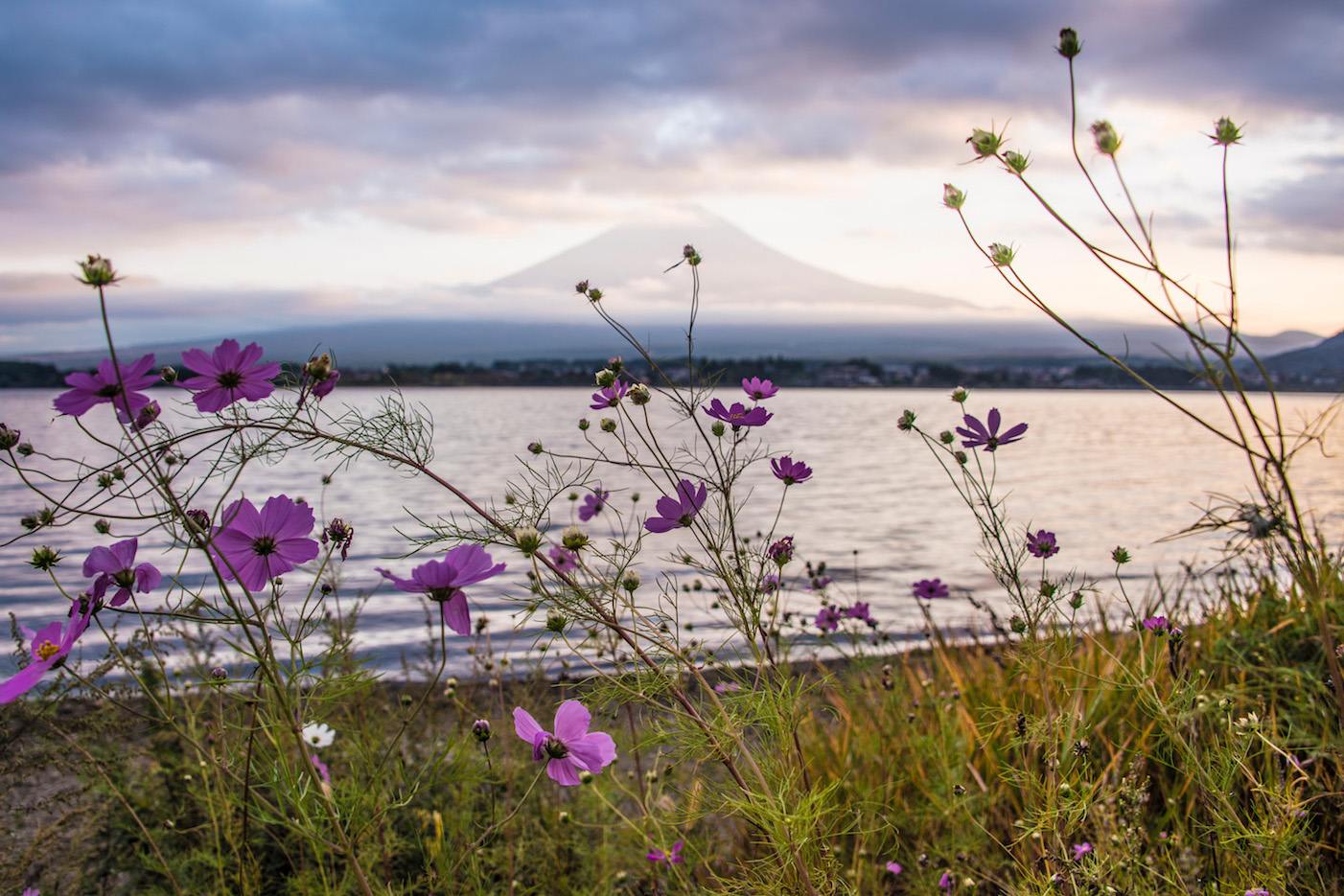
I’ve seen Fuji twice with my own eyes—well, three or maybe four or even five times if you count the times I’ve seen it from airplanes or Tokyo skyscrapers. I saw it Tuesday morning, upon waking up from my nightmare, and I’d seen it Monday evening, after Kristen and I convinced our driver to skip a planned visit to an art museum so that we could arrive on the shores of Lake Kawaguchi to catch sunset.
As is usually the case for me (I have very bad luck with sunsets), I hadn’t seen anything resembling a sunset, but rather a slight pinkening of the grey sky above the mountain, which match, at least tonally, the petals of the flowers on the lake shore. These flowers made the scene look summery, but the wind told a different story.
I’d tried to see Mt. Fuji a third time (not counting the time I saw it from a plane) after walking the 400 steps that led up to Arakurayama Sengen Park later on Tuesday, but the clouds were so thick by this point that it was as if the mountain didn’t exist and never had.
“Manchuria is not really part of China,” the interpreter casually insisted as a video from World War II played on the monitor inside the van, no doubt referring to the short-lived Japanese puppet state of Manchukuo. He was always making outrageous, borderline racist statements, since almost the moment I met him.
By this point in the day, we had passed into Shizuoka prefecture, although in my mind I was in Manchuria, or Machukuo as it were. Not the real Manchuria, mind you, nor even the real Manchukuo, but the one from the mind of Murakami, who had vividly illustrated (among other imagined incidents) a spy being skinned alive on the banks of an icy river, left to rot in the tundra as an anonymous pile of meat.
Don’t you find things that never happened are often scarier than things that did?
It was dark by the time I really got out of my head, the lit-up Kinomiya Shrine I was standing in front of the only light source of note. That and a large cypress tree, the second-oldest in Japan, according to the handsome, young Shinto priest who led us toward it. His silk sarong was the color of mint chocolate chip ice cream.
The rain was cold and heavy and I wanted to get back to the car, but Kristin decided to walk around the base of the tree a second time.
“Are you sure you don’t want to join her?” The priest asked. “Every time you walk around the tree, a year is added to your life.”
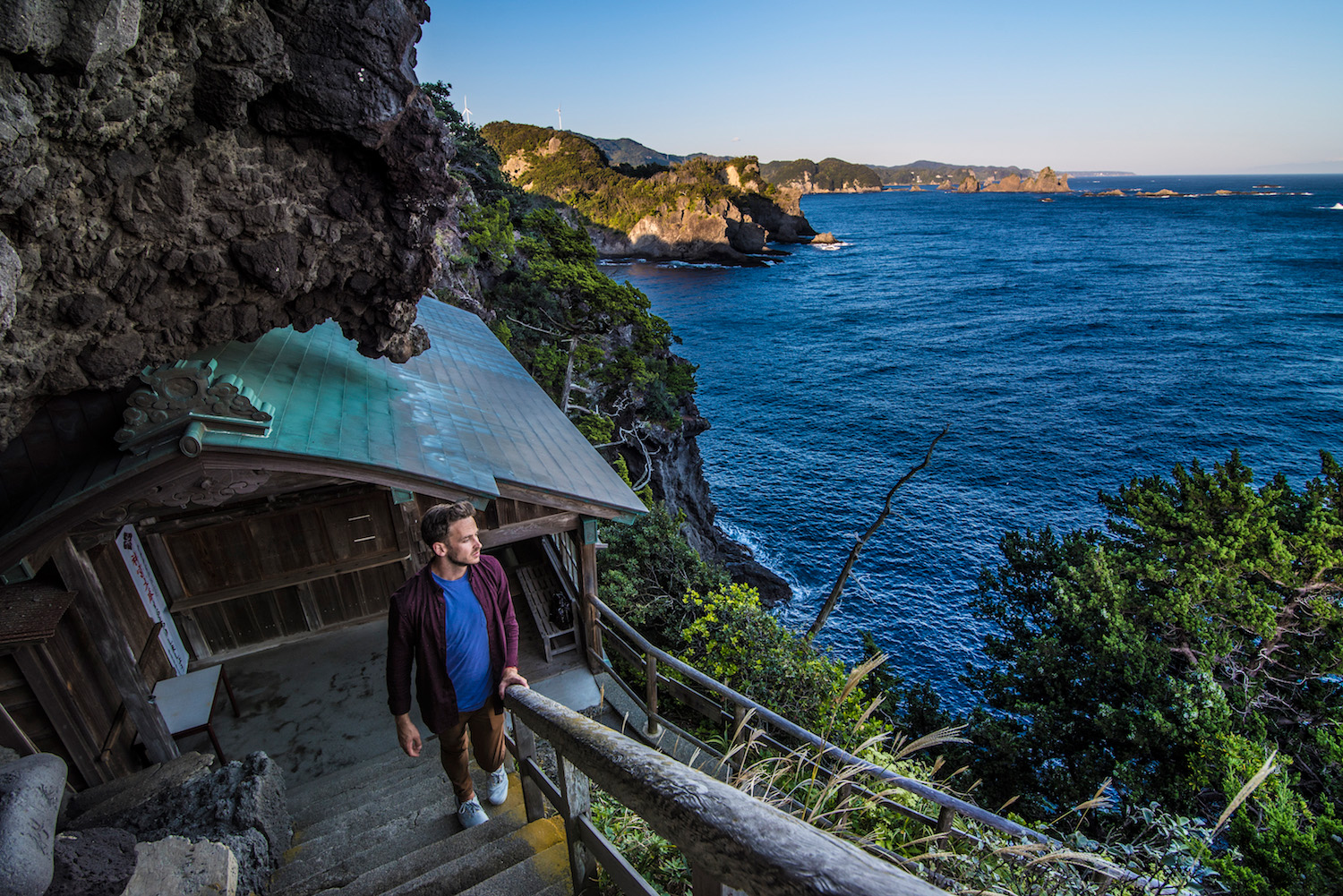
I’m in Dubrovnik, or Cinque Terre, or some dramatic hill above some sea on the opposite side of the planet. I’m crying and feeling desperate, having either just boarded or just gotten off the wrong train. I look at my hands to see skin darker than mine has ever been—black, in fact—but the memories coursing through my mind—of Danilo—are unmistakably my own.
This is another dream, of course. I always dream when I’m in Japan, which is strange because I almost never dream when I’m not in Japan.
When I escape from this particular sleep it’s Wednesday morning or maybe Thursday morning—the days blew through me like the Pacific wind did as I stood on a perch over the Ishimuro Shrine, which people during the Edo period had apparently built in the days before concrete steps and metal handrails were a thing. I imagine many of them died during its construction, but no one could confirm that for me.
It’s Wednesday morning or maybe Thursday morning in late October 2016, but the aging beachfront hotel I wake up in makes me feel like I’m Toru Okada in 1984. I’m go out into the hallway and I realize, for the first time, that the bird song I’ve heard in so many interior spaces in Japan is coming not from outside, but from speakers strategically placed in the ceiling.
I look down at my key and notice that it’s labeled “512,” which just so happens to be the area code for Austin.
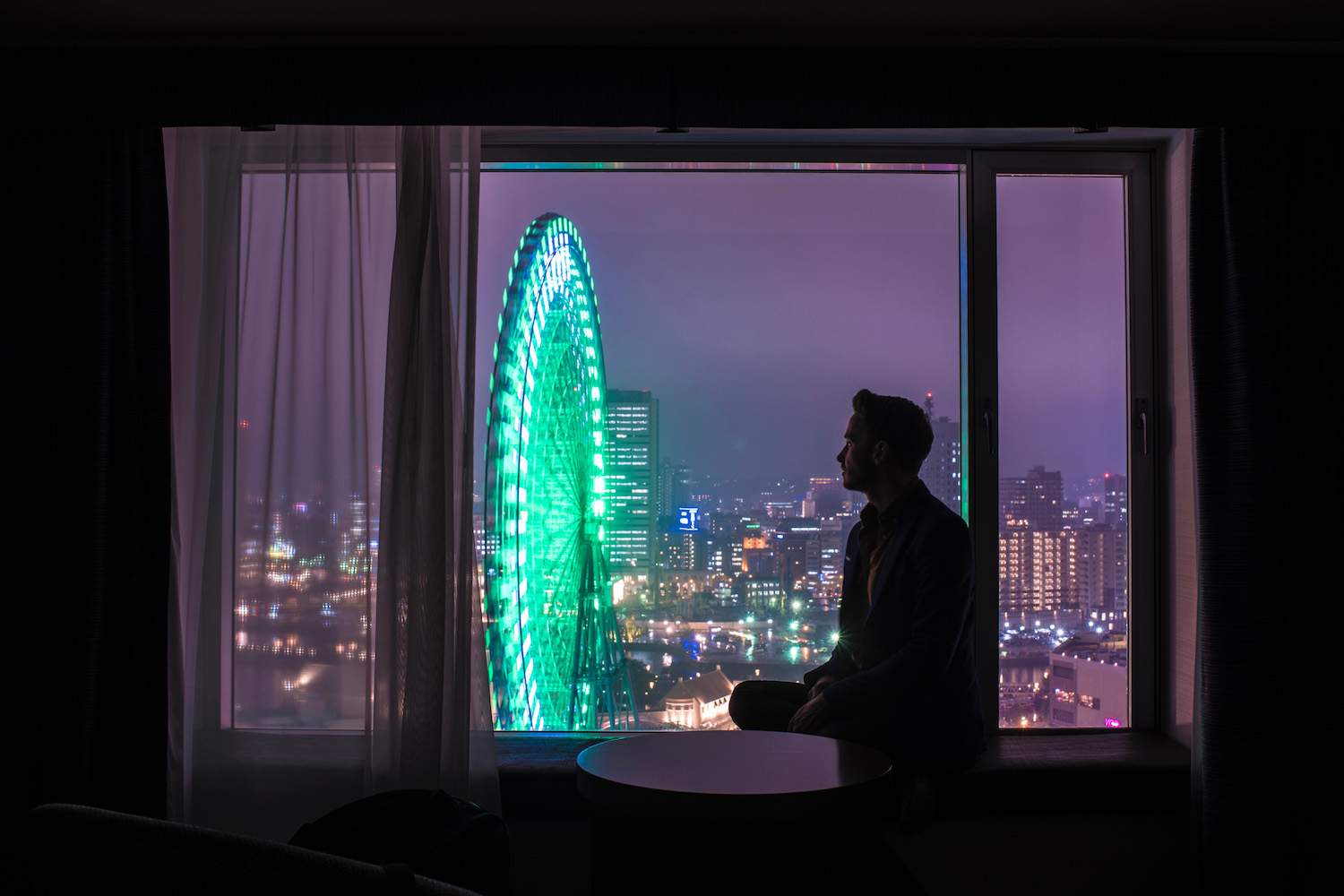
I arise Saturday in Yokohama not from a dream, but with a single, stinging thought: Two-and-a-half months? I questioned myself. Is that really all it takes to forget someone?
My disbelief that morning was not surprising, given that I’d fallen asleep the previous night pondering a similarly contentious, also unsubstantiated statement I’d heard the day before in Kamakura.
“Many snakes live in bamboo forests,” the man had insisted as I followed behind him through the mint-colored one at Hokokuji Temple. “And nine out of 10 of them are vipers.”
Thing is, as sparingly as I think about my former lover these days, I haven’t forgotten about him, not in the least, even if it didn’t dawn on me that it was his birthday until we arrived in Ginza that night—Ginza being more significant, in this instance, as the name of a ridiculous reggaeton song he and I used to listen to than Tokyo’s ritziest shopping district.
But it wasn’t just the lights of Ginza, or the strange way their bokeh evoked pounding Latin dance music, that made me remember I hadn’t forgotten Danilo.
As Kristin and I walked through the basement of the Matsuya department store, searching for (among other things) an elusive ¥6,400 cantaloupe, the woman behind the fancy, French cheese counter was cutting red ribbons like the one he’d tied around my wrist in January.
Results aside, Murakami wrote, the ability to have complete faith in another human being is one of the finest qualities a person can possess.
Results aside, I laughed, and looked down at my red ribbon—yes, it was still there.
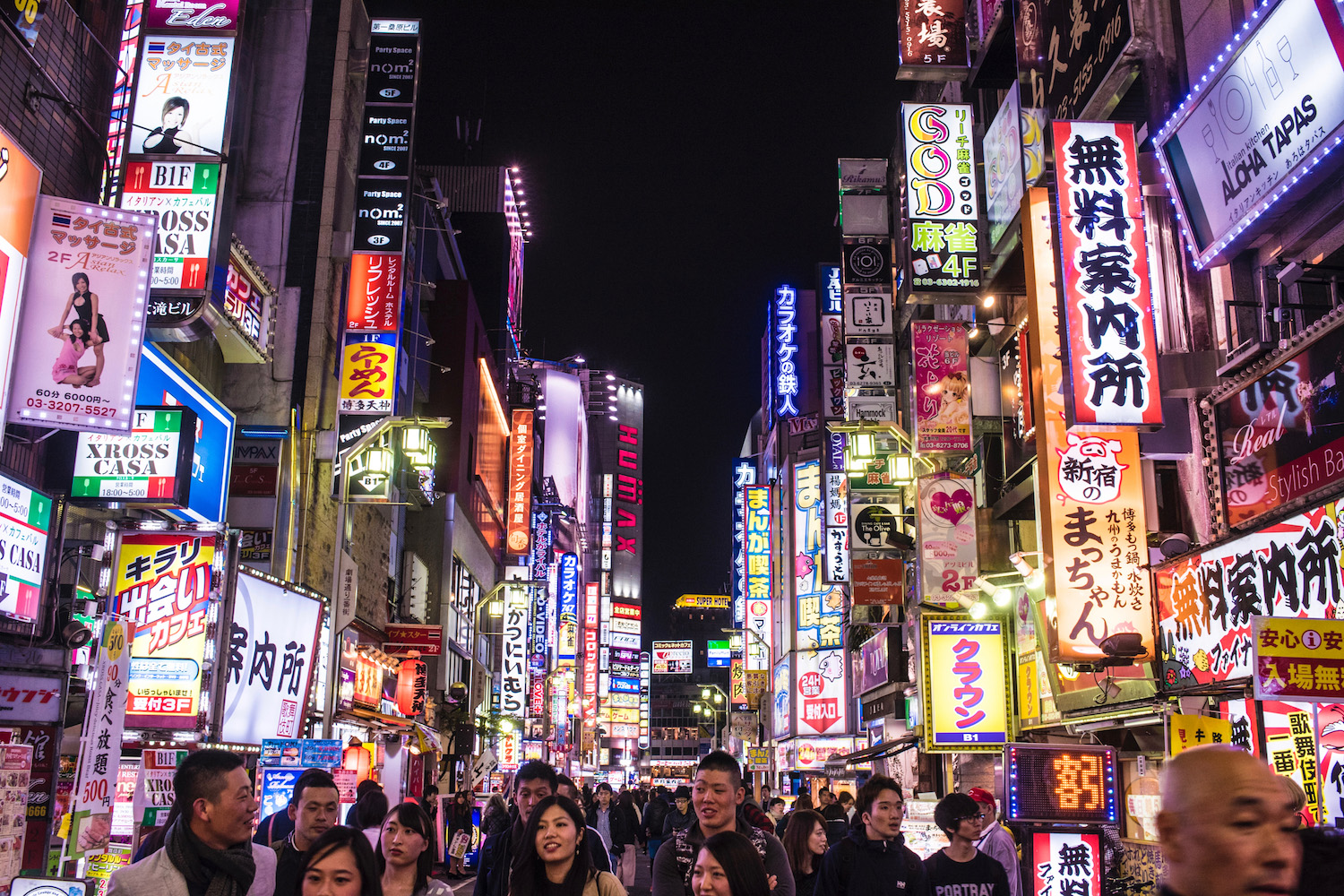
I wasn’t in a great place in my life, tangibly-speaking, during my maiden voyage to Japan, but for some reason I always find myself trying to recapture the energy of that period in my life, when I’m in Japan and otherwise.
This isn’t why I chose to spend the last evening of this particular trip traipsing through the neon streets of Kabukicho, which was where I’d immediately headed after touching down in Tokyo the first time nearly three years earlier, although I suppose it might’ve exerted some subconscious influence.
To be sure, Kristin and I had planned to looked out on the city from the Tokyo World Trade Center, but since our dinner had ended after the observation deck closed, I thought exploring Shinjuku (which she had never done) might make for a nice substitute. I also wanted her to experience the wildness of Shinjuku Station, although we technically had to travel via Shinjuku San-chome in order to ride the Toei Subway line back to where we were staying.
As we disembarked at Shibakoen, I heard a fake bird song blare out over the speakers that usually play Nintendo-sounding music. The same song—indeed, the same one that had played in so many places at so many points of my trip, so far as I could tell—played softly inside the halls of our hotel. I’m not sure if Kristin noticed either, which it also to say that I’m not sure if they were real.
Travel always seems to lock stretches of my life in parentheses, but I’m never sure whether I’m inside or outside them.
Maybe I wasn’t in Japan at all. The sky this Halloween morning, after all, is quite similar to the foggy one that hung over Danilo and I as we said goodbye for the last time, way back in August. Maybe it’s still that day, and maybe he’s just left, and I’m sitting on my porch looking out on the lake and imagining how my October trip to Japan will play out.
Maybe Kristen will be there instead of Kristin, or both will be there together. Maybe I’ll get carted around in a private van with a xenophobic interpreter, and meet shinto priests and hear fake birds singing and watch carp transform into dragons and navigate viper-filled bamboo forests. Or maybe I’ll arrive on my own and go straight to Kabukicho and get lost in Shinjuku station.
Maybe Colleen is still down on the street corner beneath the W hotel, or maybe she was never there at all. I should go see her today and gift her with my copy of The Wind-Up Bird Chronicle, if I actually found it that day in the laundry room.
I wonder if the clocks in all the cabs in Kofu read the same as mine right now, the 14-hour time difference notwithstanding.

Robert Schrader is a travel writer and photographer who’s been roaming the world independently since 2005, writing for publications such as “CNNGo” and “Shanghaiist” along the way. His blog, Leave Your Daily Hell, provides a mix of travel advice, destination guides and personal essays covering the more esoteric aspects of life as a traveler.








